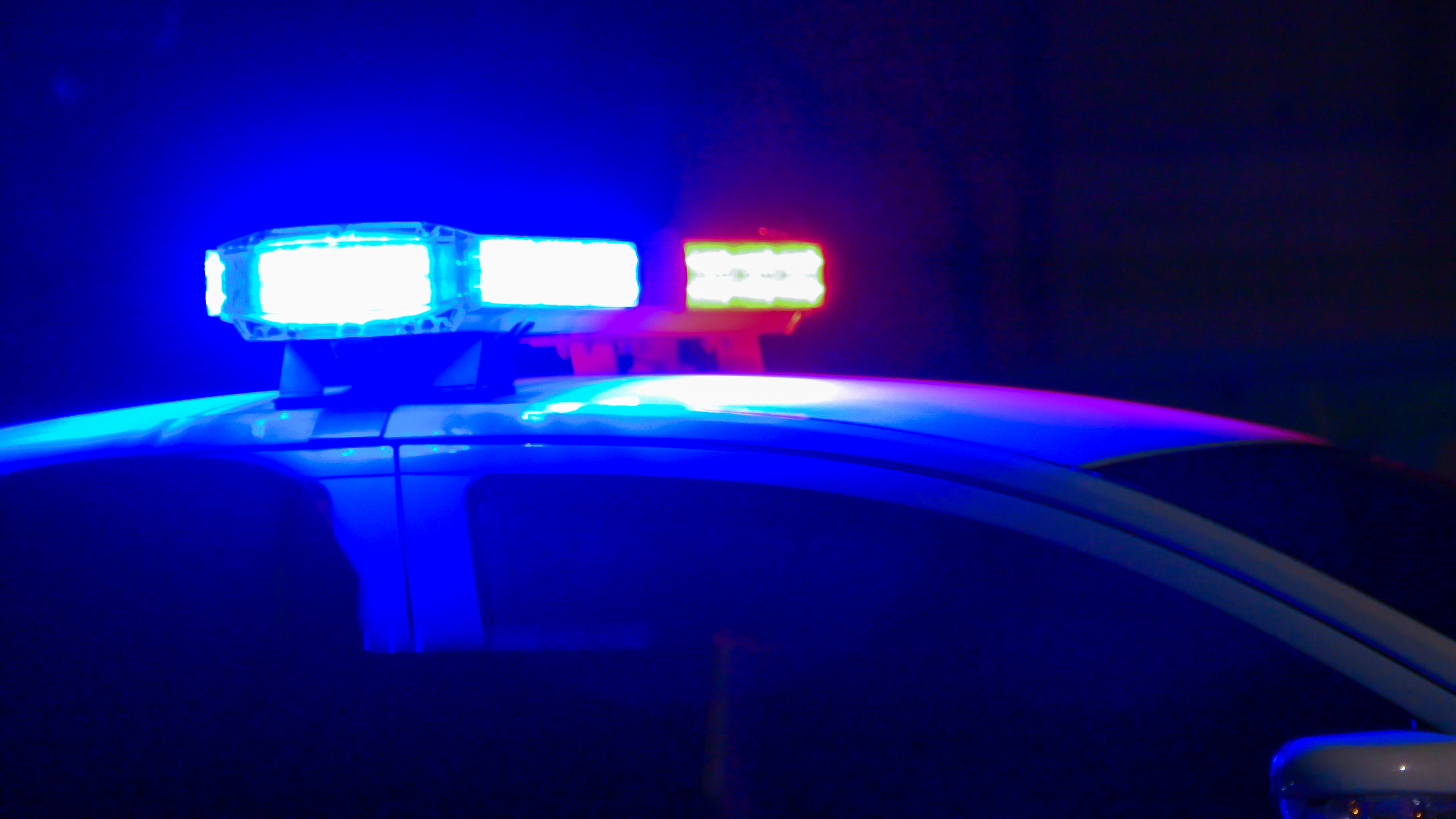Mayor de Blasio is cruising to victory in the mayoral race, according to a new News 4 / Marist poll. Melissa Russo reports.
Democratic incumbent Bill de Blasio has a "formidable advantage" over his challengers in the New York City mayoral race, the latest NBC 4 New York/Marist poll finds.
The October survey results released Thursday show that de Blasio leads his closest competitor, Republican Nicole Malliotakis, by 42 points among likely voters citywide, including those who are undecided yet leaning toward a candidate. In his 2013 victory, de Blasio had a 49-point margin over his closest opponent.
Fifty-eight percent of likely voters citywide support de Blasio, compared to Malliotakis' 16 percent. Third-party candidates Bo Dietl and Reform Party candidate Sal Albanese each have the support of 5 percent of likely voters. Michael Tolkin has 1 percent.
"As the first debate of the general election draws near, Mayor de Blasio has a formidable advantage of his challengers," said Dr. Lee M. Miringoff, director of the Marist College Institute for Public Opinion. "He may not reach the margin of victory he achieved in 2013, but right now the mayor has points to give."
Of the registered citywide voters surveyed, 42 percent think de Blasio is doing either an excellent (7 percent) or good (35 percent) job in office. His approval score is little changed from the 44 percent he received in the September poll.
But 29 percent of registered voters citywide think he's only doing a fair job, and 23 percent say he's performing poorly as mayor.
Most city residents think de Blasio has not improved affordability during his tenure: 48 percent say it's as affordable as it was before de Blasio became mayor, and 38 percent believe it's even less affordable. Only 10 percent of adults in New York City say it's more affordable. The results were about the same in September.
Local
As for the direction of the city, 46 percent believe it's headed in the right direction while 43 percent say it's moving in the wrong one. Last month, 47 percent of respondents said the city was on track while 43 percent said it was off course.
The NBC 4 New York/Marist poll surveyed 1,137 New York City adults on October 3 and 4 by phone using live interviewers, including 428 likely voters. There's a margin of error of 4.7 percent.



